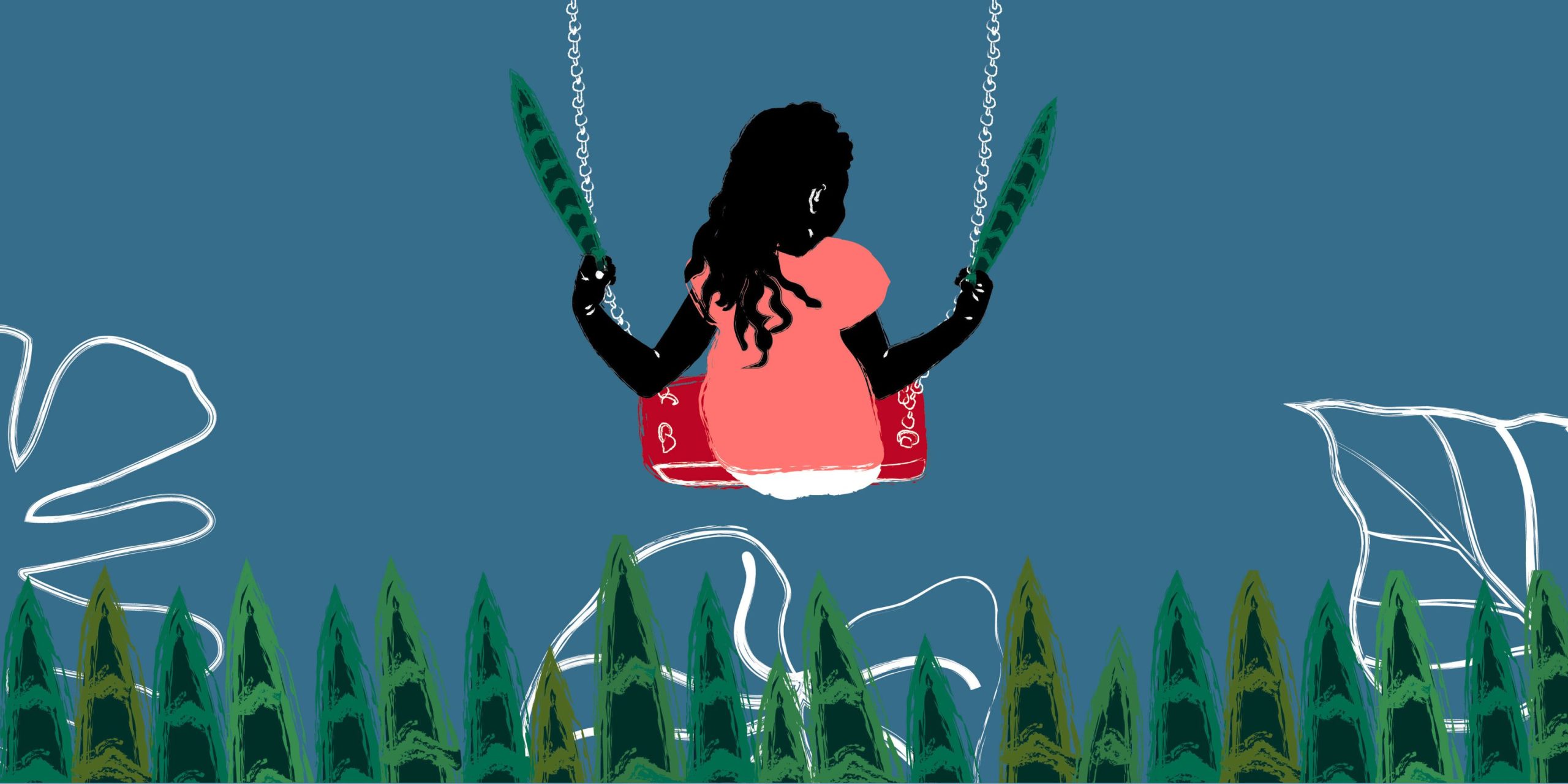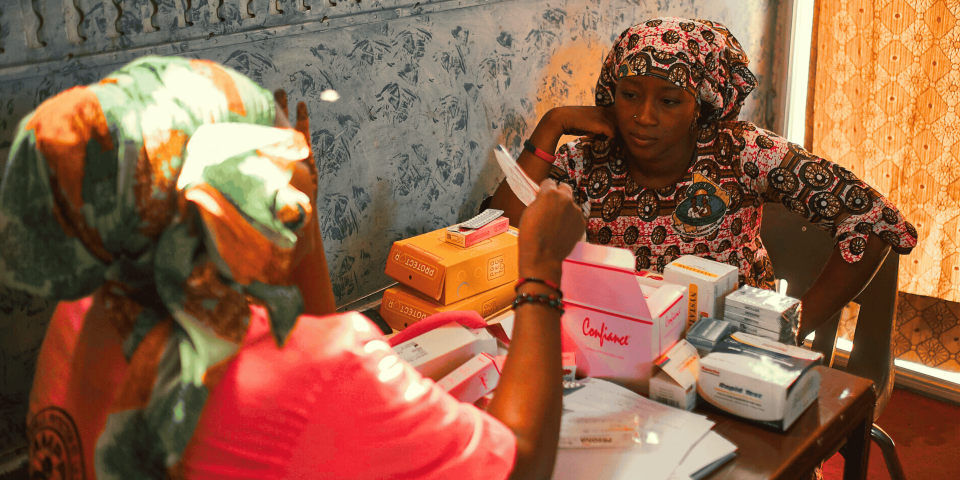In recent days, the U.S. administration has confirmed its intention to destroy over $10 million worth of life-saving contraceptive supplies. These products – procured with U.S. taxpayer funds – were intended to support the reproductive health needs of millions across the Global South, including the 218 million women facing an unmet need for contraception. Despite multiple offers from global health actors, including the International Planned Parenthood Federation (IPPF), to collect, transport and redistribute these supplies at no cost, every alternative has been rejected. Instead, they are scheduled for incineration, beginning with stockpiles currently sitting unused in a warehouse in Geel, Belgium.
This is more than a policy failure. It is reproductive coercion, deliberate and ideological. And it is being executed in the name of a political project that devalues care, compassion, and basic human rights.
We have joined Sensoa, Le Planning Familial, FLCPF, Planned Parenthood Federation of America, and IPPF in calling for an immediate halt to this senseless destruction, and we urge the French and Belgian governments to intervene. But this moment isn’t only about logistics or international cooperation. It’s about empathy, and the growing efforts to discredit it.
A vocal segment of the political right has recently begun framing empathy not as a moral good, but as a kind of civilisational threat. Elon Musk, speaking on Joe Rogan’s podcast, claimed the world was suffering from “suicidal empathy”, a term that echoes the language of authoritarian ideologues. The Christian right in the U.S. has gone further, casting empathy as a sin, a weakness that must be purged from politics and public life.
This is not an isolated trend. It’s a well-documented pattern: as The Guardian, NPR, The Conversation, The Atlantic and a number of other media outlets have sought to analyse, empathy is now being painted by some as a dangerous indulgence; a “toxic” impulse that clouds judgment and weakens nations.
Why such hostility to empathy? Because it threatens extremist agendas. When people care, they organise. They resist. They demand better. Empathy builds solidarity, crossing borders and social delineations, challenging the dehumanising and divisive tactics used by anti-rights networks to monopolise power and resources.
Our movement has always been grounded in the belief that care is a political force. And we are not alone. Even in moments of crisis, even when fear and suspicion are stoked, people around the world continue to reach for one another. Shared needs, shared dreams, and the language of collective dignity still resonate—especially when they are spoken with courage and clarity.
That is why, in the face of this appalling decision by the U.S. government, we are choosing to speak not only in defence of sexual and reproductive health and rights, but also in defence of empathy itself. Iterating and sharing these words is important, and testing shows that it does resonate with people:
All people deserve to live with dignity and humanity. It is only right that everyone can choose whether and when to have children, to be who we are and love who we love, and for our children to be taught about having safe, healthy, and happy relationships. We have the collective moral obligation to work with people around the world to build communities in which everyone can flourish and thrive.
We are proud of this work. We will continue to speak out. And we will not be intimidated into silence.
If empathy scares them, then it’s working.
Let’s keep using it.
Image credits: Rob Rickman & Xaume Olleros



